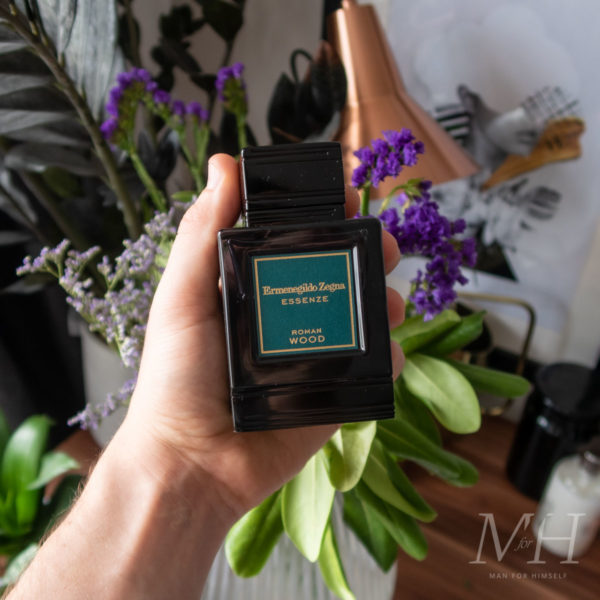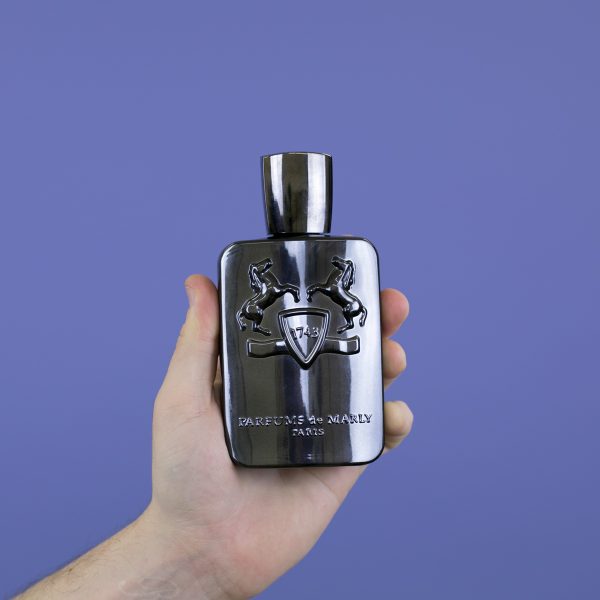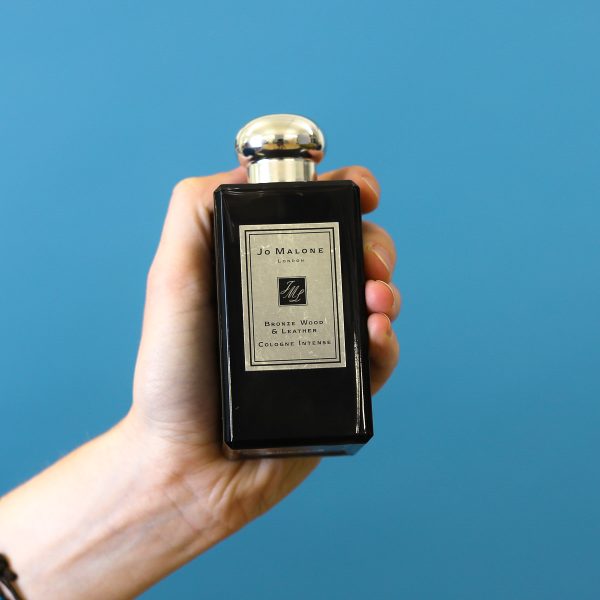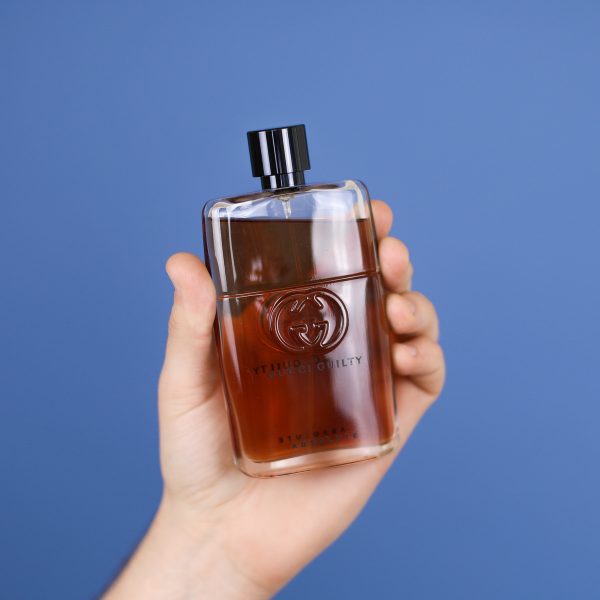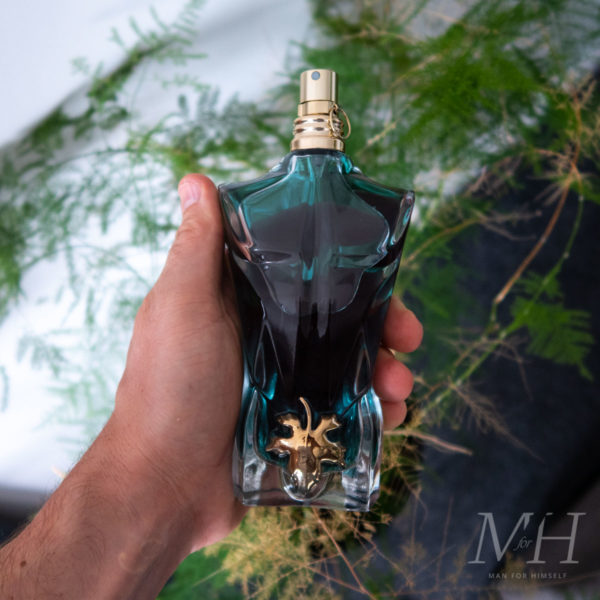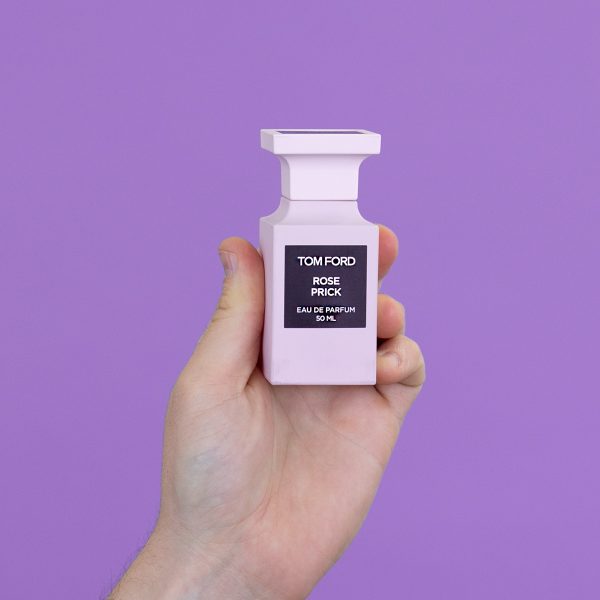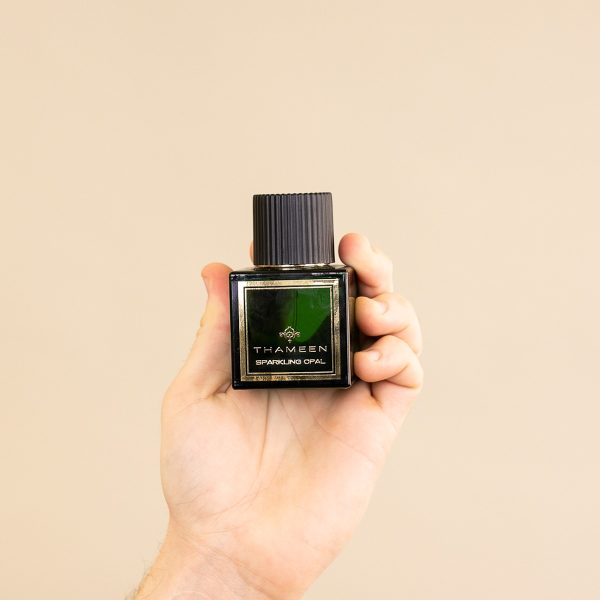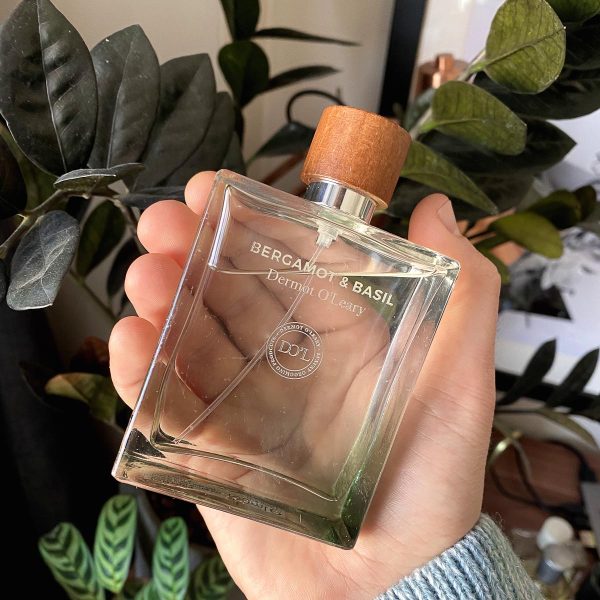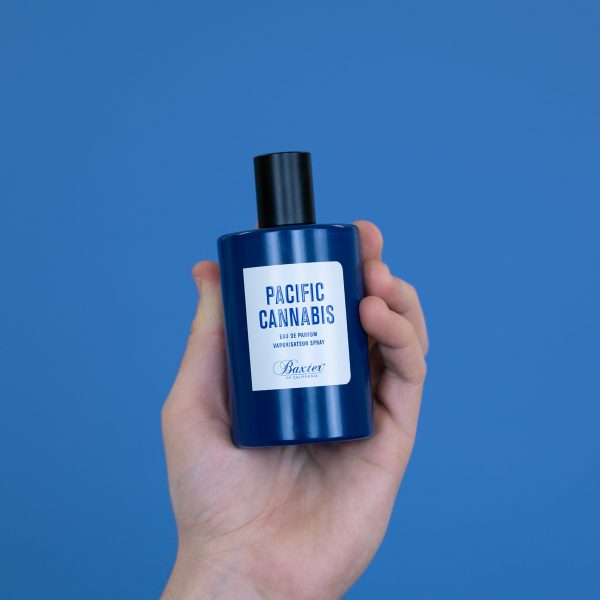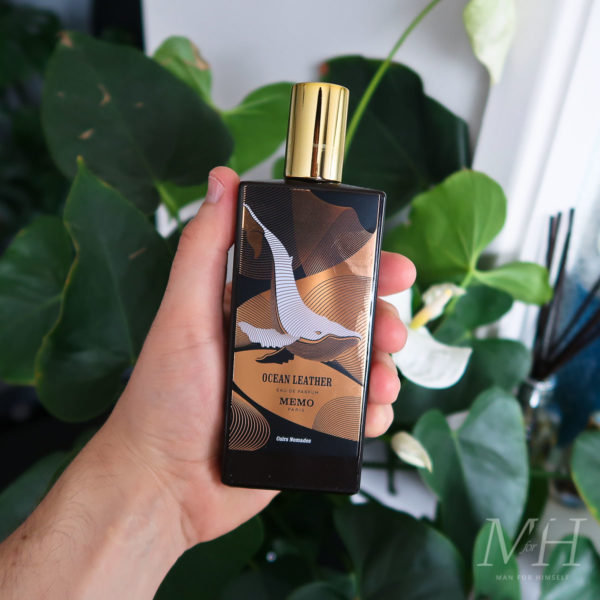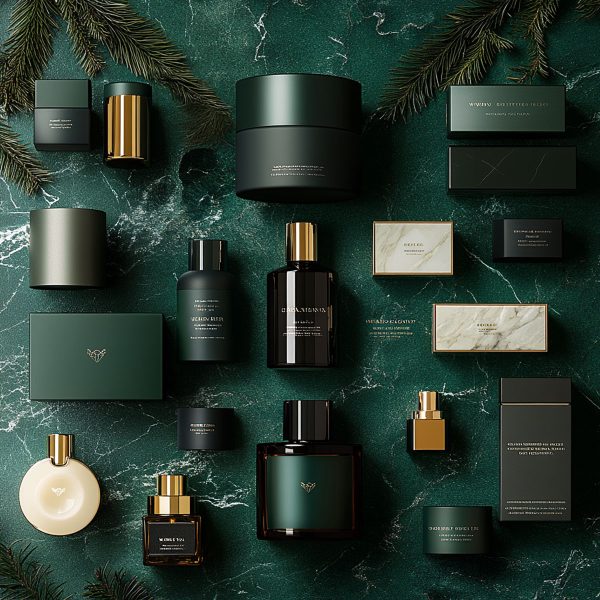
Fragrance Categories
Understanding fragrances can be confusing, as there are a number of defining fragrance families.
Saying that, there are actually four main categories that all fragrances sit under; Floral, Fresh, Woody and Ambery (formerly known as Oriental). There are then fragrance subcategories which can then crossover with each other.
The Fragrance Wheel
The Fragrance Wheel is the easiest tool to help understand the fragrance categories.
This diagram, which is also known as the aroma wheel, perfume wheel, or fragrance circle, shows the relationship between the similarities and differences in scents. Fragrances can fit into more than one fragrance category, which is why it can be confusing!
Austrian perfumer, Paul Jellinek, created the first official fragrance wheel in 1949. It was called the Odor Effects Diagram which featured in his book, The Practice of Modern Perfumery.
Although this was the first diagram, the most commonly used fragrance wheel today, was created by Michael Edwards. As an international fragrance expert, Michael Edwards created his wheel for retailers and consumers to make it easier to understand the world, and ingredients, of fragrances. This wheel was created in 1992 and was edited in 2010 to contain four primary families of fragrances; Woody, Ambery, Floral and Fresh.

Woody Fragrances
Woody fragrances are a rich, warm, seductive, opulent, and sophisticated fragrance family.
They tend to have a very dark and earthy scent to them which is created by blending notes of resin, moss, bark, pine cones, and woods (like sandalwood and cedarwood).
Although generally quite dark fragrances, the top notes of a woody fragrance are aromatic or zesty, which can cut through, and compliment, the smokey notes that sit at the base. Vetiver and patchouli are also often present within the blend.
Woody fragrances can be brightened using more fruity and floral notes.
Try The Woody Fragrance Category

Floral Fragrances
Classic Floral fragrances are soft, delicate and powdery.
Floral fragrances come in many forms though, so don’t just think they steer towards the more ‘feminine‘ side of the fragrance categories. Looking at the ingredients and notes of a floral fragrance, they can contain potent flowers but they can also be warmed with spices for a deeper scent; or a zesty citrus fruits for a fresher finish.
The typical floral notes in a floral fragrance come from rose, peony, lily of the valley, mimosa, and jasmine.
Try The Floral Fragrance Category

Ambery Fragrances
Ambery fragrances are typically spicy, warm, rich, and mature.
Ambery fragrances have been around for centuries. The inspiration behind ambery fragrances today tends to stem from the birth-place of many scents; India and Arabia. The original fragrances were steeped in potent incense, spice, and musk.
The key notes of an ambery fragrance are earthy and woody due to notes such as heliotrope, sandalwood, coumarin, orris, and even vanilla.
The base notes tend to be where the heavy notes sit, which can make ambery fragrances good performers, with a heavy and impactful dry down.
Due to the deep and dark nature of ambery fragrances, they can quite easily cross over ‘fragrance families‘ due to similarities with woody fragrances.
Try The Ambery Fragrance Category

Fresh Fragrances
A fresh fragrance is exactly what it says on the tin; refreshing, light and clean.
Many fresh fragrances are typically inspired by nature – especially the ocean – as they evoke the sense of the early morning air, a cool breeze, or a walk by the seaside. Fresh fragrances are intended to invigorate the senses!
The classic notes of a fresh fragrance are zesty fruits such as; lemon, bergamot, orange, and grapefruit. These notes are then often mixed with sage and other green or spicy tones to add further depth to the fragrance.
You will notice that a lot of Eau de Toilettes are classified as fresh fragrances, due to the lighter nature of the juice. They are also well suited for summer fragrances.
The The Fresh Fragrance Category
A Final Note!
It is worth noting (no pun intended…) that there are other fragrance families that have been created since the invention of the Fragrance Wheel. Many other ‘wheels‘ and diagrams exist, made by various professional perfumers, and as technology develops, so does the world of fragrance.
Examples of more ‘modern‘ fragrance families are fougère and gourmand. These still come under the four main pillars of fragrance.
The more you delve into the world of fragrances, the more you will discover about the different types of fragrances.


